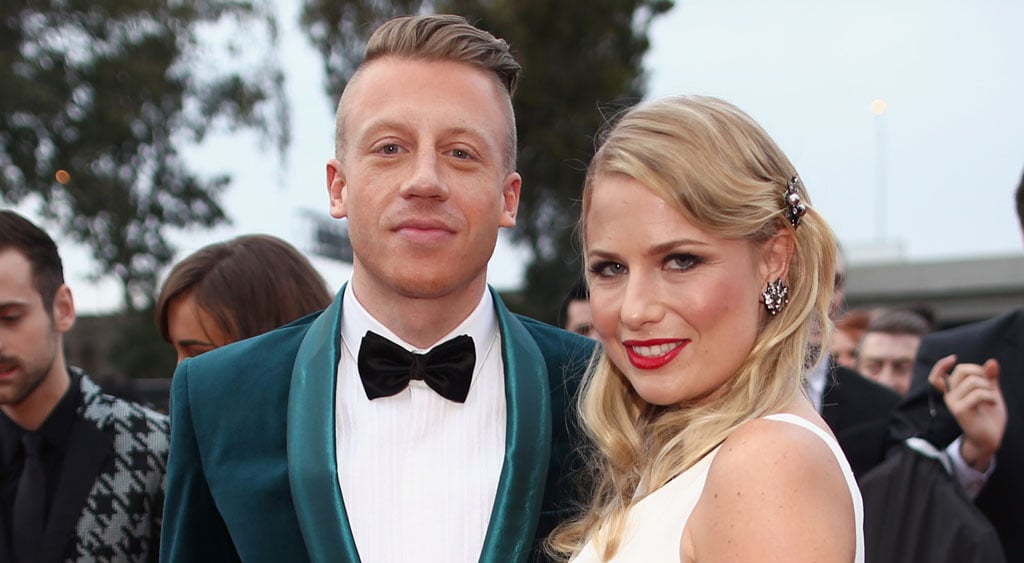
(In the 2015 Fader conversation, Miller smartly pointed out a prescient parallel: "The reason white rappers can do what they do is because white people be hoorah-ing the s***.
#Still growing up macklemore pro#
When picking his analog in pro ball, he knowingly selected Miami Heat sixth man Tyler Herro. His flows can be intuitive, as if they are innate within him and not learned, but he has proved himself limited with each new album. He does not have Eminem's furious, scribbling virtuosity or Macklemore's pop centrist appeal. He is not immensely talented or focus-group tested. Beset by outside criticism, he wants to get in front of classifications of his work, but he does it so clumsily that he comes off clueless, forgetting he hasn't earned the right to even define those parameters. "Ya boy's strivin' to be the most dominant ever / The hardest white boy since the one who rapped about vomit and sweaters / And hold the comments 'cause I promise you I'm honestly better / than whoever came to your head right then," he raps on his new album, Jackman. Originally a Kentucky-repping outsider, Harlow has reached a point where he's bought into his own hype, jumping from wide-eyed newcomer to self-perceived frontrunner. Doing so is one of many key mistakes made by the white rapper of the moment, Jack Harlow. To invite the comparison is to invite derision, and, by extension, classify yourself within the white rapper taxonomy. Surely, it must get annoying, but if you're a white person that raps you can't take the bait. We're guests in the culture."Įminem, of course, is the barometer by which all white rappers are measured. "Hip-hop is inclusive so there's always been an open door to a certain extent," he told CBS Mornings. More recently, Macklemore, who famously committed the most performatively self-aware act of white rapperism by publicly apologizing for robbing Kendrick Lamar at the 2014 Grammys, seemed to turn a corner toward the optimum form of rehabilitation: accepting and internalizing criticism. Realistically, it's a sliding scale that is constantly shifting for each individual artist. Both he and Staples were thinking of a white rapper as someone overperforming lyricism to compensate for a lack of cultural intelligence, but the underlying idea was that the white rapper was attempting assimilation and ultimately failing because he wasn't self-aware. As someone who'd successfully transitioned from one category to the other, Miller's perspective felt especially pertinent.


#Still growing up macklemore mac#
In a 2015 conversation with The Fader, Vince Staples and the late Mac Miller made a crucial distinction between white people that rap and "white rappers." "The genre of white rapper is not tight," Miller said. The rapper's third album is an introspective record without the self-scrutiny that comes with real reflection.


 0 kommentar(er)
0 kommentar(er)
